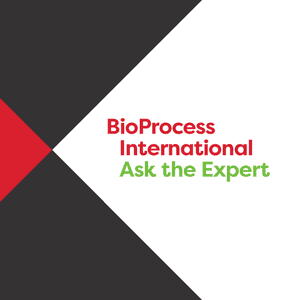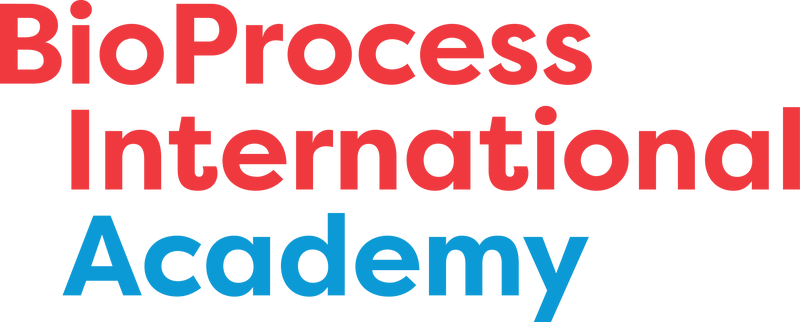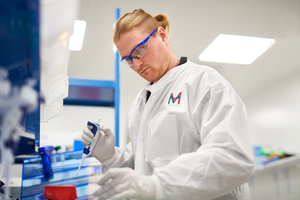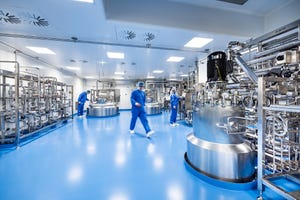Multiply Labs and Thermo Fisher expand cell therapy partnership
Using Multiply Labs’ robotic technology, some of Thermo Fisher’s cell therapy technology can now be fully automated for manufacturing.
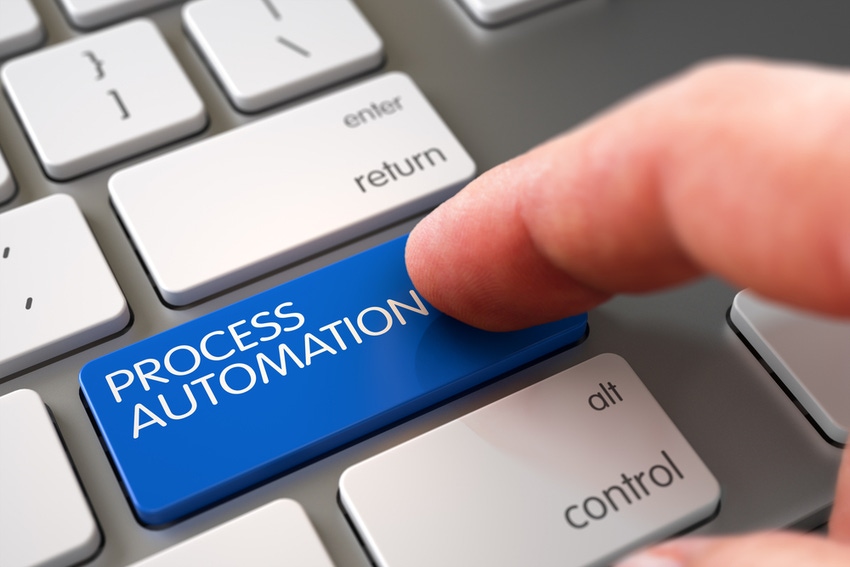
Multiply Labs founded the robotic cell therapy manufacturing Consortium in 2021 and had initial participation from Cytiva and the University of California, San Francisco (UCSF). In May 2022, Thermo Fisher Scientific and Charles River Laboratories joined as Consortium members.
Thermo Fisher and Multiply Labs have expanded their partnership to further automate the cell therapy production process. Through integrating Multiply Labs’ robotic technology with Thermo Fisher’s Heracell VIOS Automated Access CO2 Incubator, the Gibco Cell Therapy Systems (CTS), and Rotea Counterflow Centrifugation System, the products are fully automatable.
“With so many groundbreaking cell therapies available or forthcoming for patients, we cannot afford to let manual processes reduce scalability and stand in the way of access. Not only are we taking our incubator partnership to the next level to deliver a fully-automated GMP product, but together we will engineer the automation of our latest-generation closed system centrifuge – an essential instrument for cell therapy manufacturing,” said Xavier De Mollerat Du Jeu, senior director of R&D at Thermo Fisher, in a statement.
Both parties referred to the collaboration as “an important step” for cell therapy development and production as it aims to minimize costs, speed manufacturing timelines, increase scalability, and reach more patients.
The automated Heracell VIOS Incuabtor can host up to 18 products in parallel when using G-Rex100M bioreactors. According to the companies, the ability to support 18 products at once per incubator showcases scalability as there is the potential to use two automated incubators. Thus, manufacturers can produce 36 products at the same time and scale upwards as incubators are added.
By automating Thermo Fisher’s CTS Rotea Counterflow Centrifugation System, production steps including upstream and downstream cell processing can be done automatically. This is said to result in reduced labor costs and increased throughputs. Traditional manual manufacturing methods often require four to eight operators, whereas an automated workflow using robotic technology only needs 400-500 square feet of space compared to 1000-2000 square-feet needed for human-operated processes.
“The goal is to establish a seamlessly automated, plug-and-play process that positively influences patient care. The ongoing partnership with Thermo Fisher plays a crucial role in turning this vision into reality, advancing the realization of cell therapy for the benefit of patients,” said Fred Parietti, co-Founder and CEO of Multiply Labs.
About the Author(s)
You May Also Like


